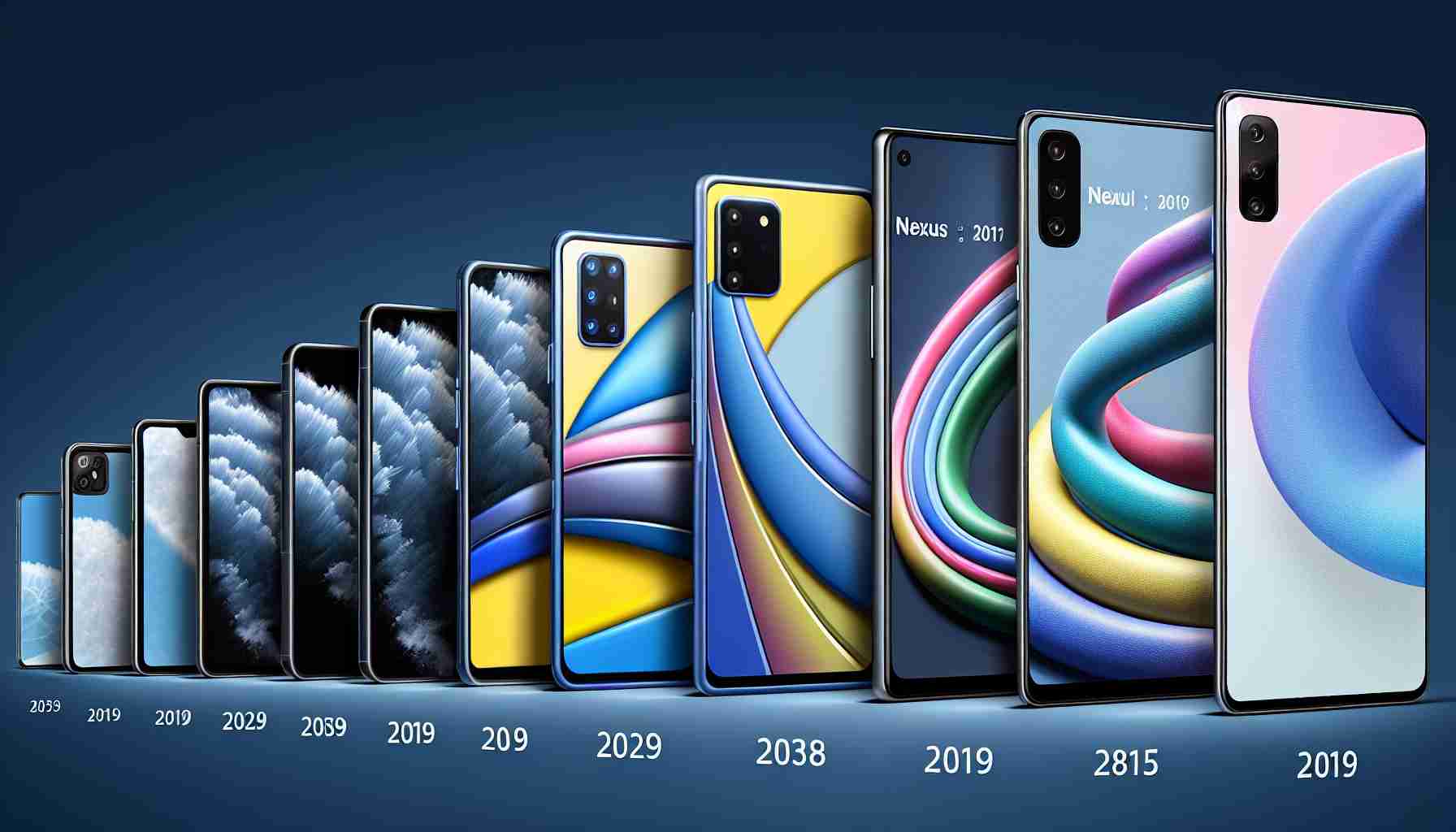Google’s involvement in the smartphone industry has consistently made waves, tracing back to the inception of the Nexus series, which set a high benchmark for value during its time. Despite the technological eons that have since passed, transforming the once-coveted Nexus into museum pieces, they’re fondly remembered for their role in providing a cost-effective alternative to the then-dominant iPhones.
Fast forward to the present, and the Pixel A series remains the spiritual successor of the Nexus line, embodying the same ethos of offering unmatched value. These devices may lack the headline-grabbing innovations of their premium siblings, yet they strive to offer unbeatable functionality for their cost.
The Google Pixel 8a, the latest entrant, is an intriguing study in strategic device placement by Google. While it could be seen as simply a more compact version of the Pixel 8, it harbors the same internal acumen and capacity. This ensures performance synonymous with its high-end counterpart, guaranteeing longevity in terms of software and security support.
Although some might raise an eyebrow at the Pixel 8a’s temporary resistance to benchmarking tools at launch, this strategic move by Google doesn’t overshadow the device’s merits. Its competent innards already prove a potent appeal for those seeking high-quality Android experiences without the hefty price tag.
The Pixel 8a makes a leap in display technology, featuring a 6.1-inch OLED screen with refresh rates soaring to 120Hz, despite a slight downgrade in glass protection when compared to the Pixel 8. Such a nuanced trade-off hardly detracts from the overall appeal, as prudent phone owners are prone to invest in cases and screen protectors anyhow.
Lastly, the 8a’s camera system, while statistically identical to the 7a, benefits from refined AI enhancements by Google. It deftly handles digital zoom through intelligent cropping mechanisms, which translates into high-quality photography seldom expected from mid-range devices. The Pixel 8a stands testament to the sustained relevance and evolution of Google’s smartphone proposition, offering a robust package for prudent spenders.
Advantages of Google Phones:
– Software Integration: Google phones, especially the Pixel series, are known for their seamless integration with Google’s services and software, including Google Assistant and a stock Android experience.
– Cutting-edge AI: Google’s advanced AI and machine learning technologies are heavily incorporated into their camera software, allowing for features like Night Sight and Super Res Zoom.
– Guaranteed Updates: Google provides at least three years of OS and security updates, ensuring the longevity of the device’s software.
– Price: The A-series, such as the Pixel 8a, are generally more affordable compared to the flagship models while still offering a comprehensive user experience.
Disadvantages of Google Phones:
– Hardware Limitations: The A-series, being budget-friendly, means some premium features are omitted or downgraded, like wireless charging or a metal and glass build.
– Competition: The mid-range market is highly competitive, and the A-series may have to contend with similarly priced devices with potentially better hardware specifications.
– Market Penetration: Google’s Pixel series still occupies a smaller niche compared to giants like Apple and Samsung, which might affect availability and consumer adoption.
Some key questions and challenges regarding the Pixel 8a could be:
1. How does the Pixel 8a compare to other mid-range smartphones in the same price bracket?
2. Will Google’s focus on software and AI be enough to compensate for any potential hardware shortcomings?
3. Can the Pixel 8a help Google gain more of the smartphone market share?
Controversies and Challenges: One potential controversy is the initial resistance of the Pixel 8a to benchmarking tools, which might hinder tech reviewers and users from adequately gauging its performance. Additionally, Google faces the challenge of innovating while keeping costs down to preserve the A-series’ value proposition.
For further information on Google’s products and corporate news, you can visit the company’s official website at Google.
